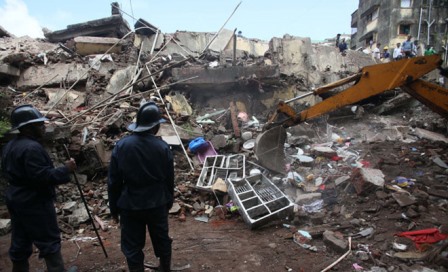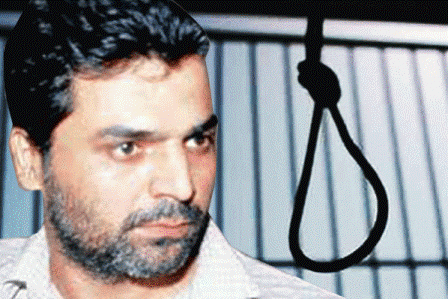…but Sion and Worli, not much. MPCB readings for one month show rising trend of air pollution and particulate matter.
by The Editors | editor@themetrognome.in
If you’re in Bandra, you should probably not breathe till you get the hell out of there. You’re not much better off elsewhere in the city, but Bandra is the worst.
For the Maharashtra Pollution Control Board’s (MBCB) findings for air quality in Bandra for the period September 21, 2012 to October 19, 2012 are not just startling, they will literally take your breath away. As per the MPCB’s daily findings for its station at Government Polytechnic (Kherwadi), Bandra, the suburb has been breathing very polluted air for 18 days out of the 28 days of recent monitoring.
You don’t have to take the MPCB’s word on air pollution in the city alone – an environmental status report for Mumbai was recently released by the Brihanmumbai Municipal Corporation (BMC); the report’s findings were similar to those of the MPCB.
What constitutes air pollution? As per the MPCB, there are three parameters for measuring air pollution – sulphur dioxide (SO2), oxides of Nitrogen (NOx) and RSPMs, or Respirable Suspended Particulate Matter. This last, if it exceeds the permissible level of 100 µg/m3, gives rise to such respiratory disorders as asthma or bronchitis.
The RSPM levels for Bandra in the period monitored have been above 100 µg/m3 for the most part. The average reading for Bandra is 111.61 µg/m3; the highest has been 176 µg/m3 on September 30, while the lowest has been 60 µg/m3 on October 10.
The corresponding sulphur dioxide and nitrous oxide levels, however, have been within the permissible range of 80 µg/m3 for Bandra throughout the monitoring period.
Meanwhile, though Sion has recorded below permissible levels of RSPMs, exceeding it only thrice in the monitoring period, the levels of nitrous oxide have been higher than the permissible levels, throughout. Experts cite city-wide construction activities and rising vehicular traffic for the rise in air pollution levels. All recorded levels of pollutants at Worli are below the permissible levels.
The areas that the MPCB monitoring stations are present in the city and the state are chosen for high traffic density, industrial growth, human population and its distribution, emission source, public complaints if any and the land use pattern.
(Picture courtesy: www.mpg.de. All figures sourced from MPCB)





I reasonable couldnt leave your website preceding considerable you that we remarkably enjoyed the quality intelligence you offer to your visitors… On be go on numerous occasions to receipt up on restored posts